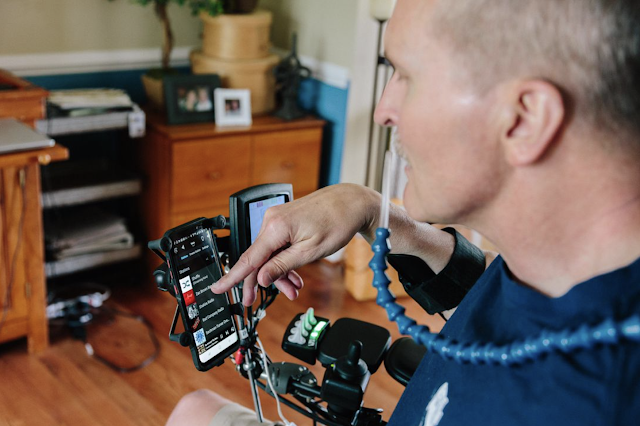Barriers to Employment
There are many ways to remove stigmas and eliminate barriers for the employment of people with disabilities. Many people with disabilities actually avoid seeking employment in fear of losing their disability financial assistance. The Choice Group has Benefit Counselors to help those seeking more independence through employment understand exactly what it means for their Medicare or Medicaid. Many of our clients have been able to find work while keeping the assistance they currently receive. Not only do we make sure our clients get the financial assistance that they need, we provide ongoing support to make sure they continue to be successful in their jobs. Whether you want part-time work, or want to eventually become a full-time financially independent employee, The Choice Group will help you find the path that’s best for you.
This story is about a woman living in the U.K. with a learning disability, how she finally reached her goal of full-time employment, and what it took to get there. For the full article click here.
'TOO MANY BARRIERS' FOR LEARNING DISABILITY JOB SEEKERS
There are too many barriers that stop people with learning disabilities getting a job, a spokeswoman for Mencap has said.
Ciara Lawrence (pictured), who has a learning disability and works for the charity, said the Government should focus on getting rid of barriers rather than removing benefits.
She added: "I'm one of just 7% of people with a learning disability to have a job. I had lots of interviews before I got my job with Mencap. All I wanted to do was to earn my own money and be independent like anyone else.
"There are too many barriers that stop people with a learning disability getting a job, such as staff at job centres not understanding about learning disability and people not realising what people with a learning disability can be capable of. Getting rid of these barriers and not the benefits that people rely on is what we should focus on.
"The Government needs to understand the challenges people with a learning disability face and help break down these barriers, not add to them by making it harder to get the support they rely on from benefits."
She said that getting a job was a "big struggle", and called for more support for people with learning disabilities to find a job.
"I found getting a job to be a big struggle. When I went to my local job centre to try and find work, the staff did not understand about the support someone with a learning disability may need.
"They gave me lots of forms which were hard to fill in and I didn't get good support. My family had to support me a lot to fill in complicated application forms and they took me to interviews."
Yet, the battle wasn't over.
She said: "When I did go to interviews, employers did not want to hire me because of my learning disability. After a long time of frustration, I found out there was a Disability Employment Advisor at the Job Centre. She supported me to find work, but I wish they had told me about this earlier. She then introduced me to my local Mencap and they knew what kind of support I would need to get a job.
"I soon found work with Mencap in an office role which led to full-time employment. I have now worked for Mencap for 14 years and feel privileged to have my own job and earn my own money. Everyone should get the chance to do this."
She added: "Getting a job changed my life. Feeling like you are a member of a team, being respected and earning your own money allows people to be independent and have control over their lives. There needs to be far more support to allow more people with a learning disability to find jobs.
"Ian Duncan Smith is right to say work is good for your health, but only if the right support is there. This is what we need to concentrate on. Application forms need to be more accessible, employers need to concentrate on what people with a learning disability can do rather than can't, and the Government must help employers know what support is needed to help people with a learning disability work.
"Changing how people are assessed as fit-for-work is important. But creating fear that people will have their benefits taken away is going to make life a lot harder for people."






Comments
Post a Comment